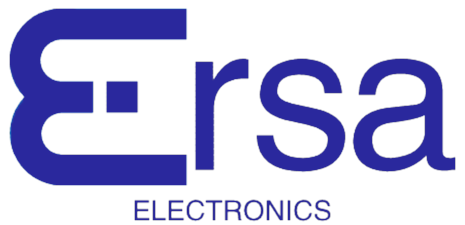TCU Power / Battery Backup
The Telematics Control Unit (TCU) is a critical component in modern automotive electronics, serving as the central communication hub for vehicle connectivity and telematics functions. It enables seamless data exchange between the vehicle and external networks, supporting features such as real-time diagnostics, GPS tracking, emergency assistance, and over-the-air updates. The TCU plays a vital role in enhancing driver safety, improving vehicle performance, and offering advanced infotainment and connectivity options.
Integrated with a power and battery backup system, the TCU ensures continuous operation even during power interruptions or vehicle shutdown. This reliable power management is essential for maintaining critical functions like emergency call systems (e.g., eCall) and remote vehicle monitoring. The battery backup guarantees that the TCU can send important data, such as crash notifications or location information, without interruption.
The TCU is widely used in connected vehicles, fleet management systems, and autonomous driving technologies. It supports various communication protocols, including 4G/5G, Wi-Fi, and Bluetooth, enabling integration with smartphones, cloud services, and other IoT devices. Its applications span across passenger cars, commercial vehicles, and smart transportation solutions.
Designed for high reliability and durability, the TCU is built to withstand harsh environmental conditions, ensuring consistent performance in diverse driving scenarios. With its advanced power management and robust connectivity features, the TCU enhances the overall functionality and user experience of modern automotive systems.
Details
TCU Power / Battery Backup

Related Parts
| Series Name | Description | Manufacturer Name | Attribute Description |
|---|---|---|---|
| Texas Instruments | 30V input tolerant, 800mA linear charger, I²C control, 1.5A max charge current, integrated FET, 4.2V to 4.4V battery regulation, 1.8V to 18V input range, 92% efficiency, 2.7mm² WSON package. | ||
| Texas Instruments | 30V input tolerant, 800mA linear charger, I²C control, 1.5μA quiescent current, integrated FET, battery temperature monitoring, status output, 1.8V/3.3V configuration options. | ||
| Texas Instruments | 30V input, 1.5A synchronous buck charger; integrates power path management, USB/DC input, battery boost mode, 1.5A max charge current, I²C control, 2.5mm × 2.5mm DSBGA package. | ||
| Texas Instruments | 30V input tolerant, 800mA linear charger, I²C control, 1.5A max charge current, 4.2V to 4.4V adjustable charging voltage, integrated FET, 1.8V to 18V system voltage range, 92% efficiency, 1.9mm² small package. | ||
| Texas Instruments | Single-cell Li-ion charger, 4.2V float voltage, 1.5A max charge current, I²C control, input voltage up to 6.5V, integrated power FET, thermal regulation, status pins. | ||
| Texas Instruments | 3.0-V to 4.5-V battery voltage range, 1.8-V or 3.3-V host interface, low-power modes, integrated temperature sensing, fuel gauge for single-cell Li-ion batteries. | ||
| Texas Instruments | 3.7V typical battery voltage, 1-Wire interface, fuel gauge IC with integrated voltage, temperature, and current sensing; supports impedance track algorithm, 2.7V to 4.5V operating range, 1.8V to 4.5V I/O voltage. | ||
| Texas Instruments | 18-bit, 4-channel digital ambient light sensor with I2C interface, 0.001 to 60,000 lux measurement range, high resolution, low power consumption, integrated optical filter and photodiode. | ||
| Texas Instruments | 3.5V to 6V input voltage, 1.5A max charge current, I2C control, battery charge management for single-cell Li-ion, 4.2V float voltage, up to 96% efficiency, 2.8V to 4.5V system voltage range. | ||
| Texas Instruments | 3.5V to 24V input, 1-4 cell Li-ion/Polymer battery charging, I2C control, 6A max charge current, integrated FETs, 1.5MHz switching frequency, 2mm × 2mm DFN package. |








.png?x-oss-process=image/format,webp/resize,h_32)










